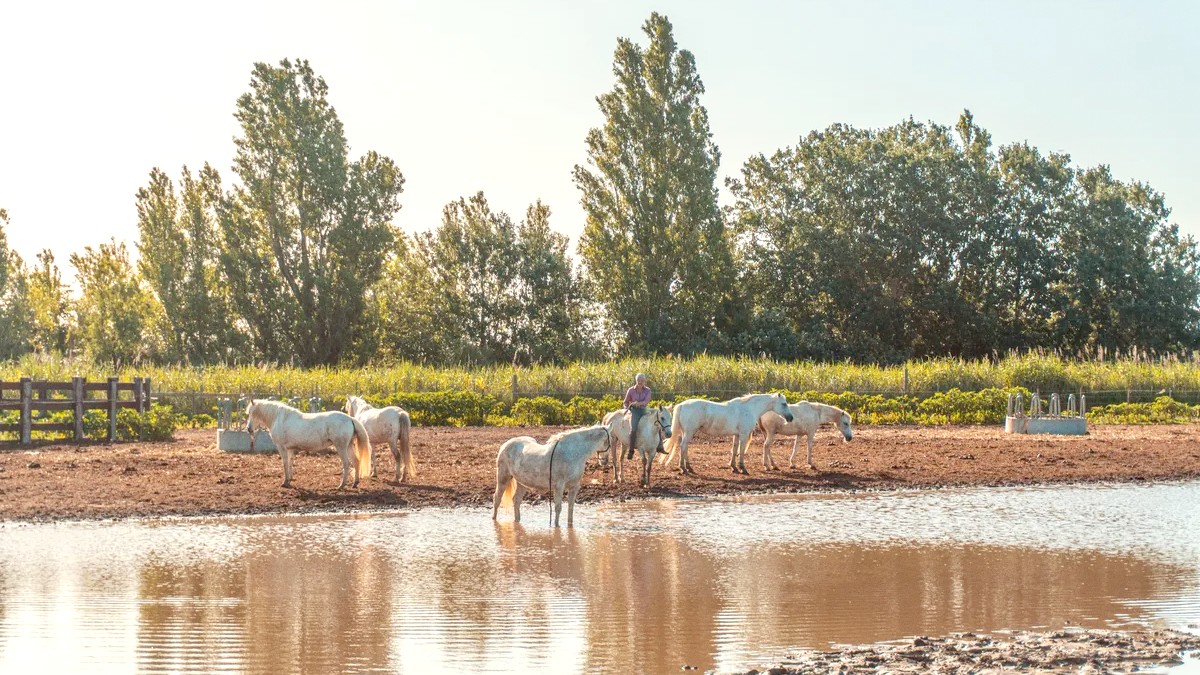
France
This entire region protects its unique wetland ecosystem, its diverse wildlife, and its cultural heritage.
The Camargue is an internationally recognized wetland, underscoring its global ecological value.
Specific areas within the park are designated as bird sanctuaries, with restricted access to minimize disturbance.
France has comprehensive recycling programs.
Consider offsetting your flight emissions.
Look for accommodations with eco-labels or those actively promoting sustainable practices.
Choose tour operators that emphasize responsible practices.
Consider bringing sustainable outdoor gear from companies like Patagonia.
Shop PatagoniaExplore reusable product options from places like Package Free Shop.
Visit Package Free ShopAlways adhere to park regulations, stay on marked trails, do not disturb wildlife, and respect closed areas to help conserve this unique ecosystem.
Engage respectfully with local culture.
Support local traditions and livelihoods.
Polite engagement creates positive experiences.
Be mindful when taking photos.
Show reverence when visiting sacred spaces.
Your spending choices directly affect the local economy. Responsible tourism seeks to maximize positive economic impact for local communities.
Seek accommodations directly managed by local families, like Chambres d'hôtes or small, family-run Manades.
Look for products from local artisans and producers. Inquire about their origin and production methods.
Patronize local restaurants, cafes, and shops rather than large international chains.
Your tourism dollars circulate within the community, supporting local jobs and livelihoods. This helps maintain the unique charm of the region.
Ensure interactions respect animal welfare and local culture.
Direct giving can sometimes foster dependence; structured giving is often better.
Choosing locally made products strengthens the regional economy.
Be aware of your resource use.
Your decisions contribute to the well-being of the destination.
Consider bringing sustainable outdoor gear from companies like Patagonia.
Explore reusable product options from places like Package Free Shop.
Support organizations like The Rainforest Site through ethical shopping.
For bull-related activities, discern between traditional Courses Camarguaises (where bulls are not harmed) and Spanish-style bullfighting, if present. Choose activities aligning with your ethical views.
By choosing consciously, you help protect the Camargue's natural environment and cultural heritage for future visitors and local communities.